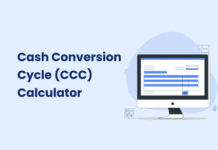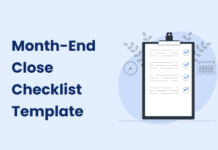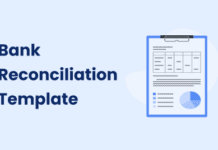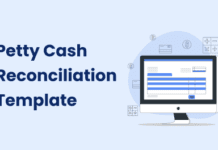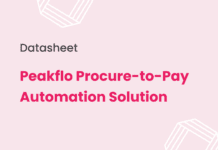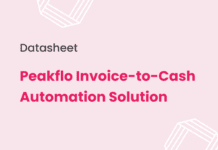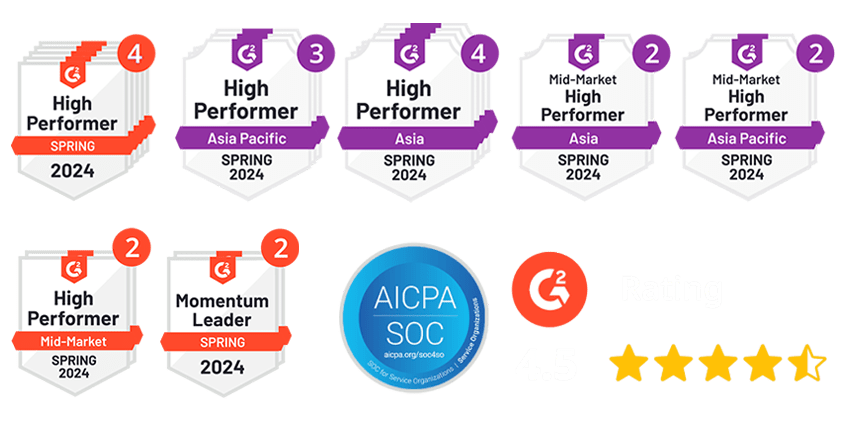In 2011, AstraZeneca, the biopharmaceutical giant known for its significant contributions to the healthcare sector, including the Oxford COVID-19 vaccine, faced a critical data management blunder that cost the company dearly. This incident underscores the perils of relying on traditional tools like Excel for managing sensitive financial data.
The Incident: Cause & Repercussion
During the routine preparation and dissemination of its financial guidance reports at the end of the year, AstraZeneca utilized an Excel template to gather and compile various data points and forecasts. This routine consensus collection process, however, turned into a significant mishap when the Excel template, which contained embedded confidential information, was mistakenly sent to analysts.
The error originated from the template used to collect and consolidate the financial information. It was not properly sanitized before being distributed externally. As a result, when analysts received the financial guidance package, it inadvertently included sensitive company data that should have remained confidential.
This inadvertent disclosure had immediate repercussions. AstraZeneca’s shares dropped, reflecting the market’s reaction to the leak of sensitive information. The impact of the error extended beyond the immediate financial hit, raising concerns about the company’s data management practices and overall operational security.
Lessons Learned: The Need for Robust Financial Management Platforms
The incident serves as a stark reminder of the risks associated with using Excel for complex data management tasks, especially when handling sensitive information. While Excel is a powerful tool for various applications, its limitations become evident in scenarios requiring stringent access controls and data security measures.
The AstraZeneca incident highlights the need for businesses to implement robust data management practices. These practices should include thorough vetting and sanitization of templates and documents before external distribution. Additionally, companies must invest in systems that offer robust access controls, ensuring that only authorized individuals can view or modify sensitive information.
Nowadays, companies are increasingly adopting robust financial management platforms that offer comprehensive data visibility, access controls, and data encryption. These modern systems are designed to prevent such mishaps by ensuring that only authorized personnel can access sensitive information and by providing advanced security features to protect data integrity.
The Path Forward
As organizations strive to manage sensitive financial data effectively, it is crucial to assess current practices and identify areas for improvement. Implementing a comprehensive financial management system can provide the necessary tools to manage data securely and efficiently. These systems not only enhance data visibility and control but also streamline financial reporting processes, reducing the risk of errors.
As we navigate an increasingly data-driven world, the question remains: Are you managing sensitive financial data with proper access controls and permissions across your organization? The answer could determine your company’s resilience in the face of potential data management challenges.

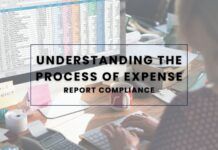







![Why AI Sales Calls Are Making Good Sales Reps Even Better [2025 Guide] ai sales calls](https://cdn-kmjmp.nitrocdn.com/YvtqmrsiHUxqerlSiZgbfzqqTARWTElr/assets/images/optimized/rev-834053b/blog.peakflo.co/wp-content/uploads/2025/09/65168cf6-3001-4733-8cbc-12d5684cf449-218x150.webp)










